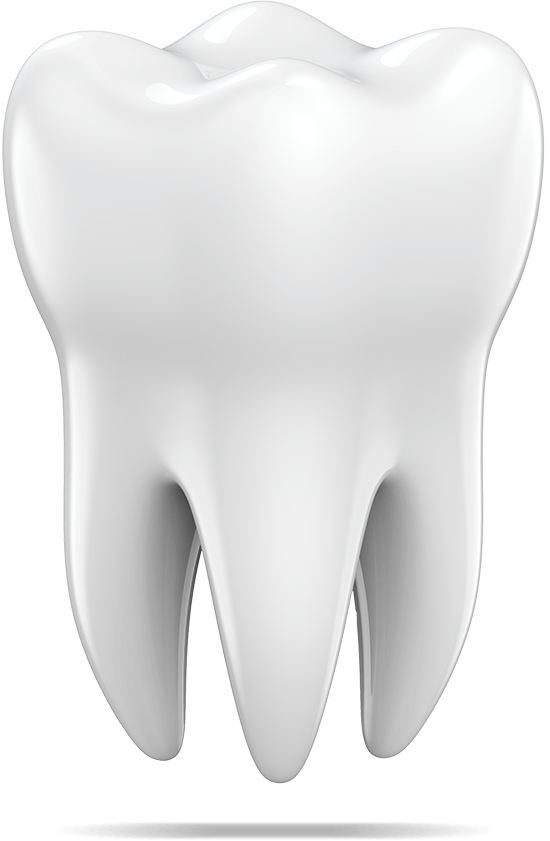
There are two forms of extractions: simple and surgical.
Simple extractions are performed on teeth that can be seen in the mouth and that do not require sectioning the tooth or incising the gum tissue for removal. These extractions are performed on teeth that must be removed due to extensive decay or injury, or even orthodontic treatment, and are usually performed under a local anesthetic. During this procedure, the doctor will grasp the tooth with forceps and loosen it by moving the instrument back and forth until the supporting structures widen enough to allow the removal of the tooth.
Surgical extractions are performed on teeth that have broken off at the gum line, have not yet come in, or those that cannot be easily extracted. To remove the tooth, the doctor will have to cut and pull back the gums, which allows access to the area. This is necessary for visibility, so that we can see the tooth that needs to be removed. Surgical extractions are usually performed under local anesthesia but a general anesthesia is sometimes preferred, especially for wisdom teeth extractions.

Regardless of the reasons that a tooth must be pulled, extractions are usually reserved only for cases in which no other treatment option will cure the infection or problem.Whether you are looking into getting dental implants, fix your receding gums, or treat periodontal disease – you can rely on Dr. Pierce Osborne, Dr. Michael Curry, and Dr. Wes Shelton. We service patients in Fayetteville, Rogers, Fort Smith, and Harrison, and the surrounding areas. Call or schedule an appointment with us today!